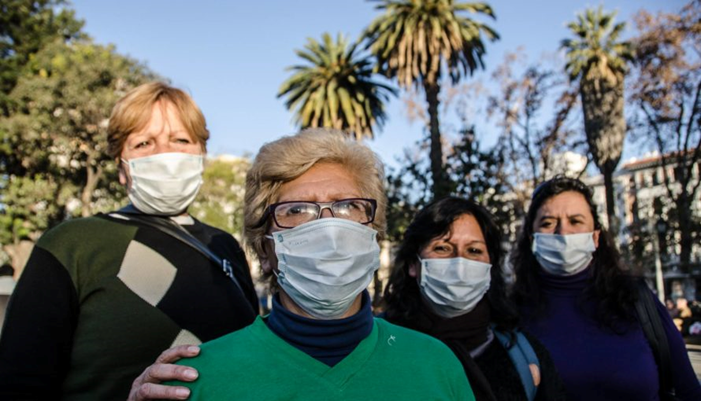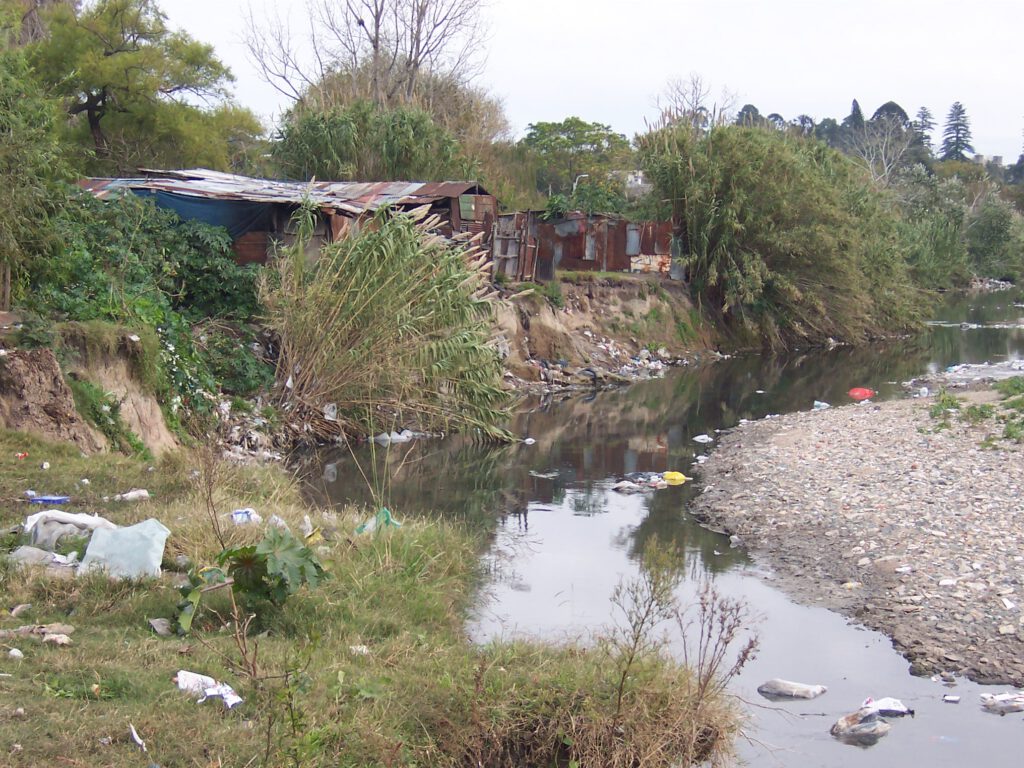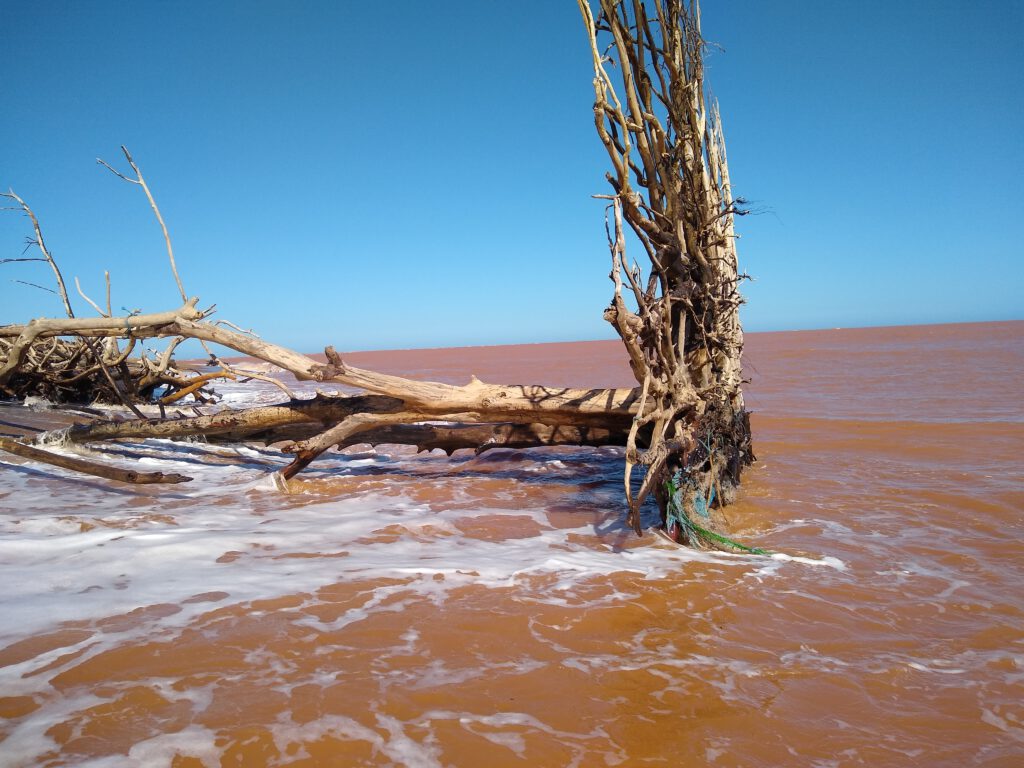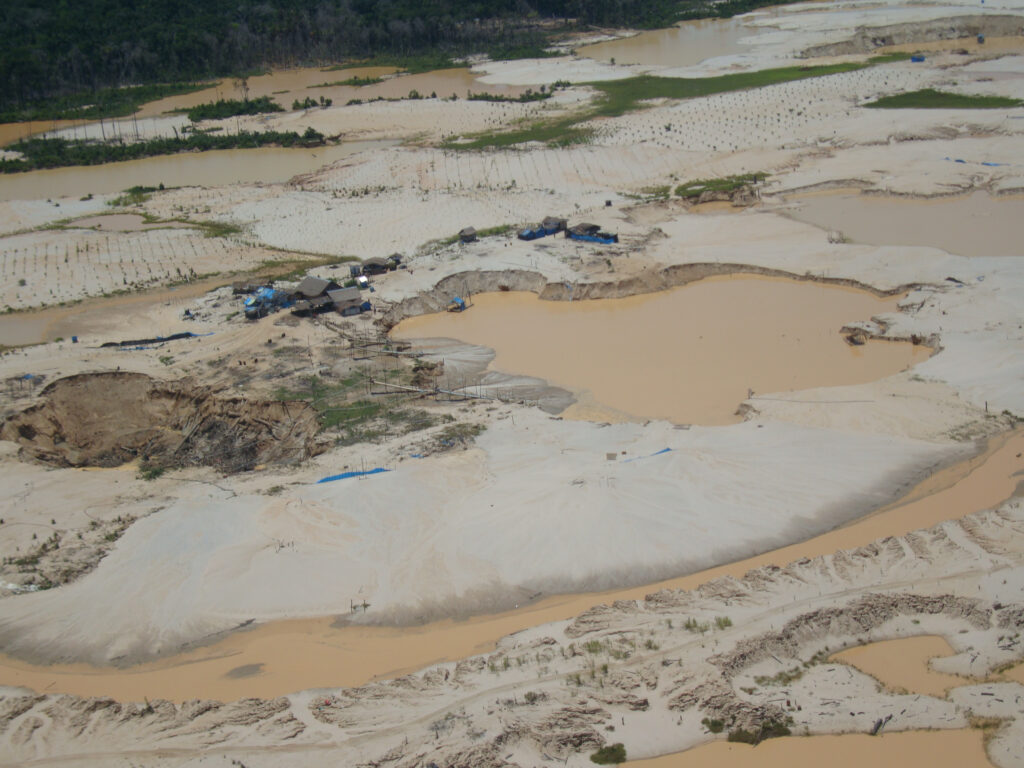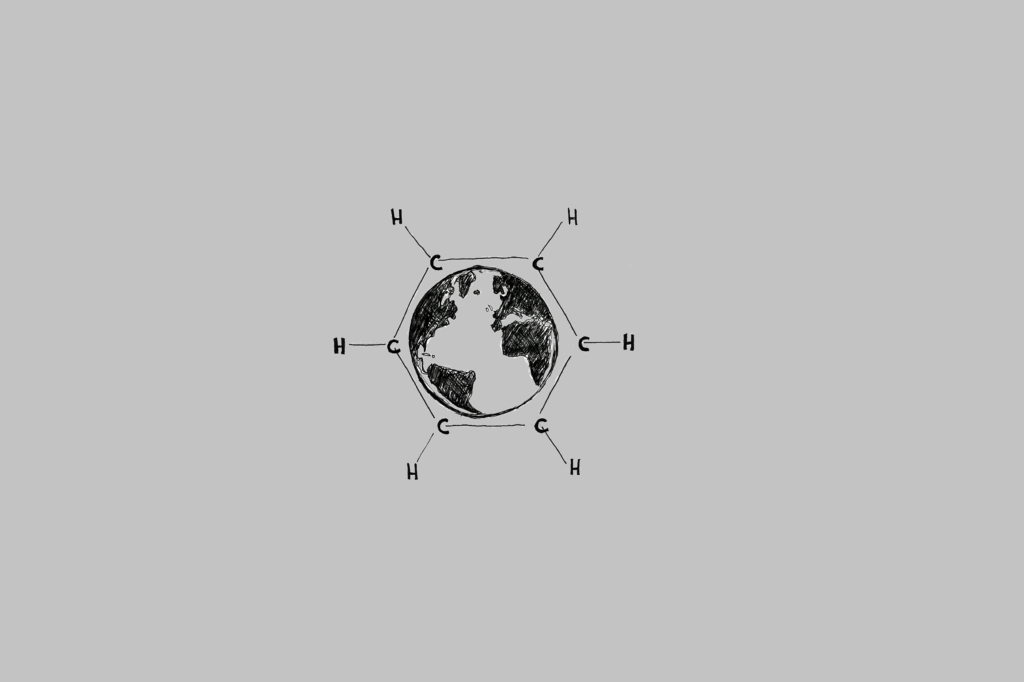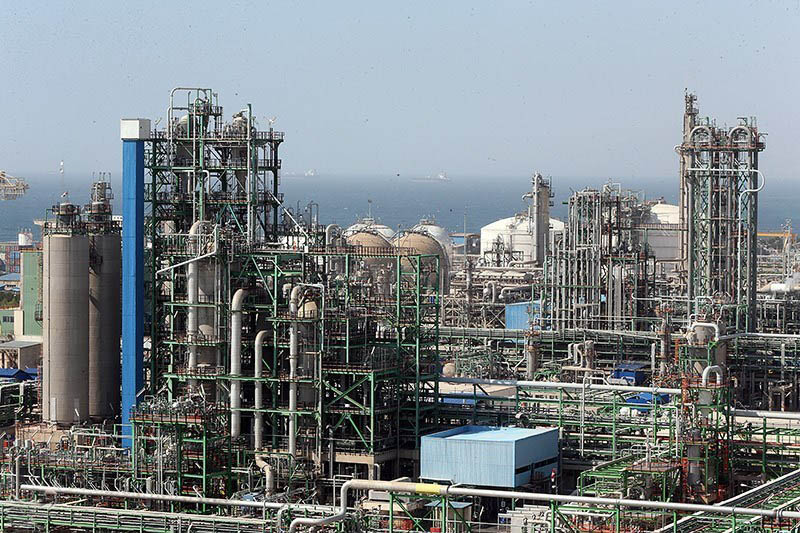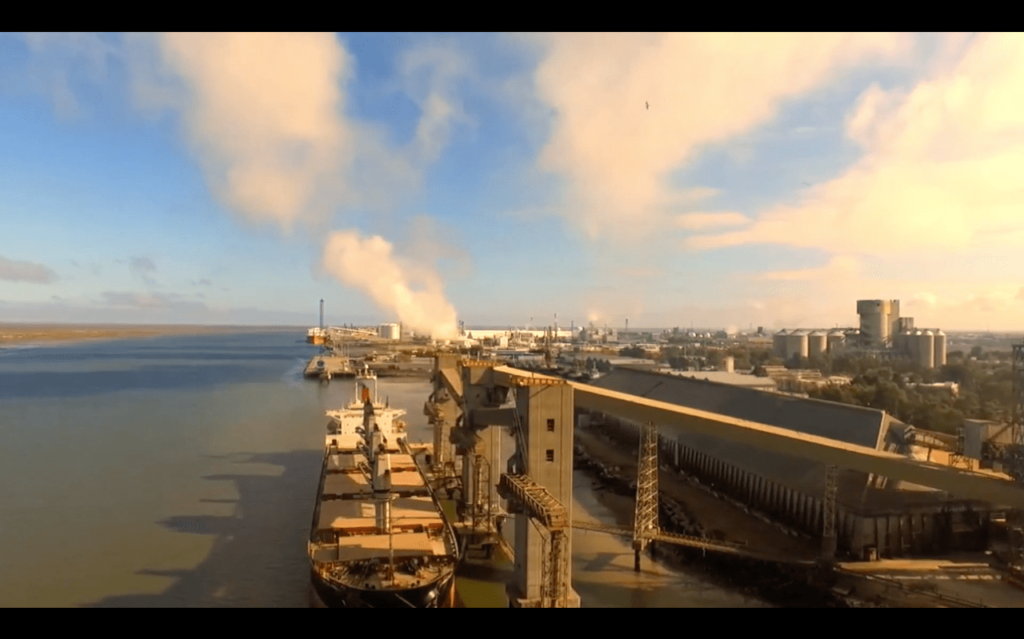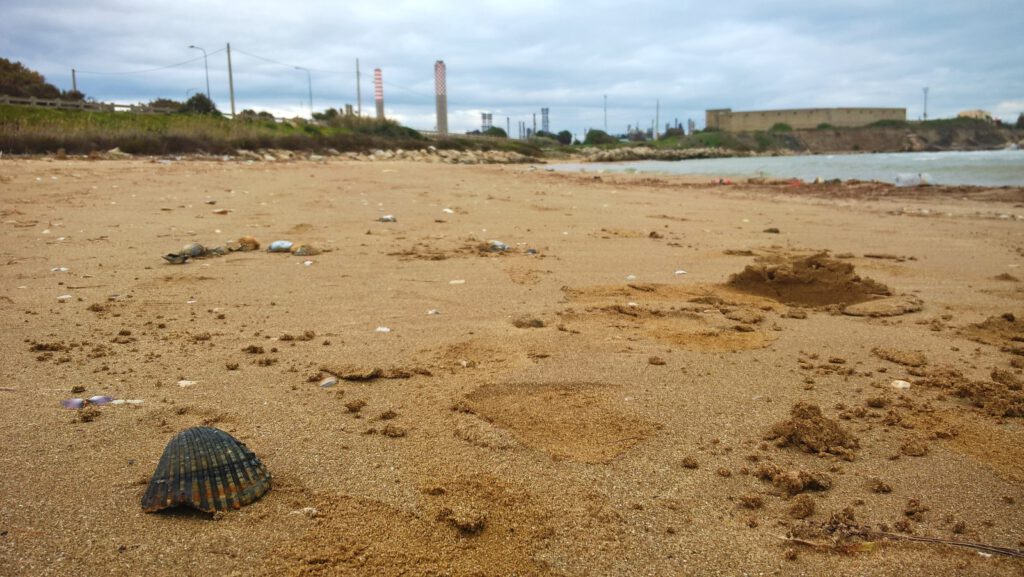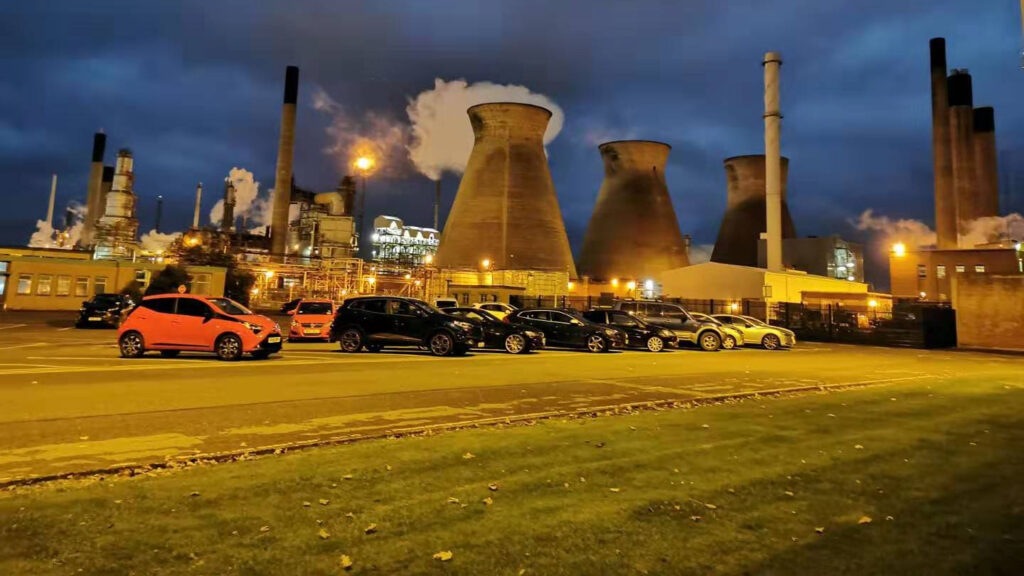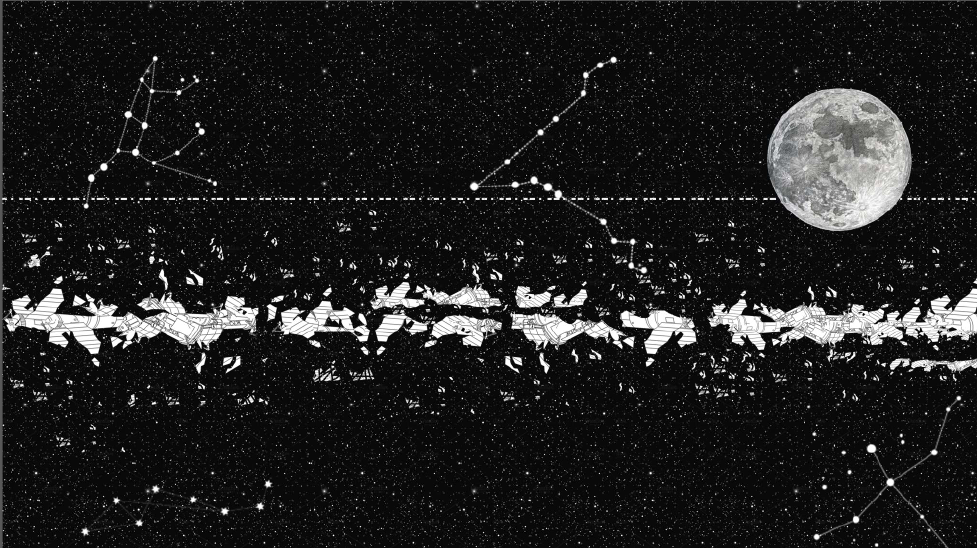Living and resisting with agrotoxics in their blood: Struggles for health and environmental rights against sprayings and agrobiofuels pollution in the heart of the Argentinian agribusiness
Mauricio Berger, PhD, Social Sciences, Associate Researcher, Consejo Nacional de Investigaciones Científicas y Técnicas (CONICET), Associate Professor Instituto de Investigación y Formación en Administración Pública, Facultad de Ciencias Sociales, Universidad Nacional de Córdoba, Argentina (IIFAP, FCS, UNC). [email protected] Cecilia Carrizo, Msc, Public Administration, Associate Professor, Instituto de Investigación y Formación en Administración Pública, Facultad de […]
